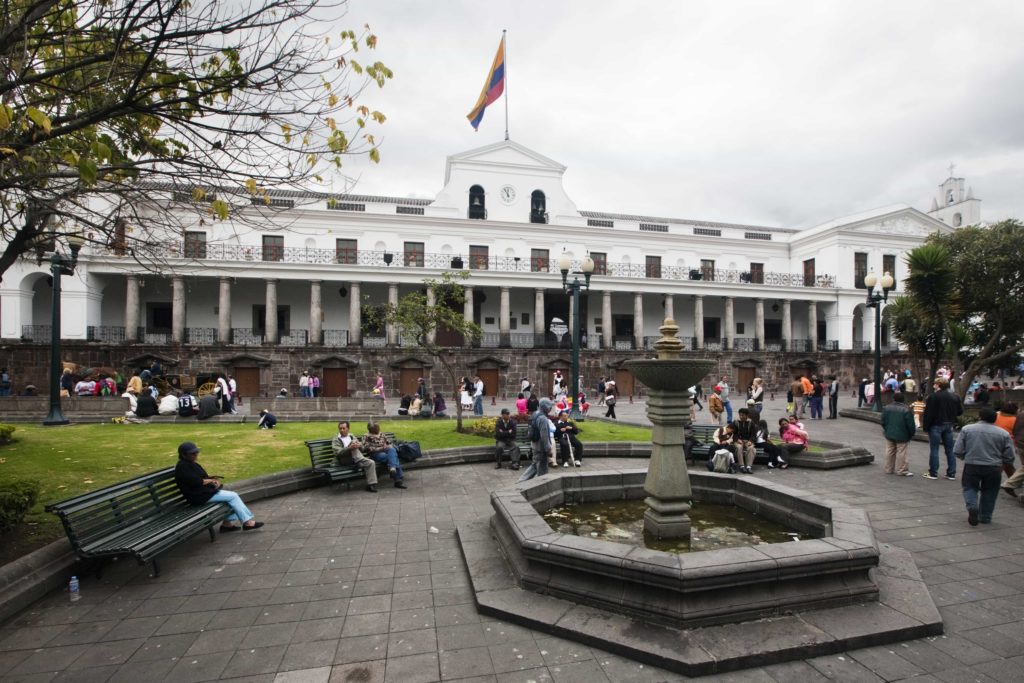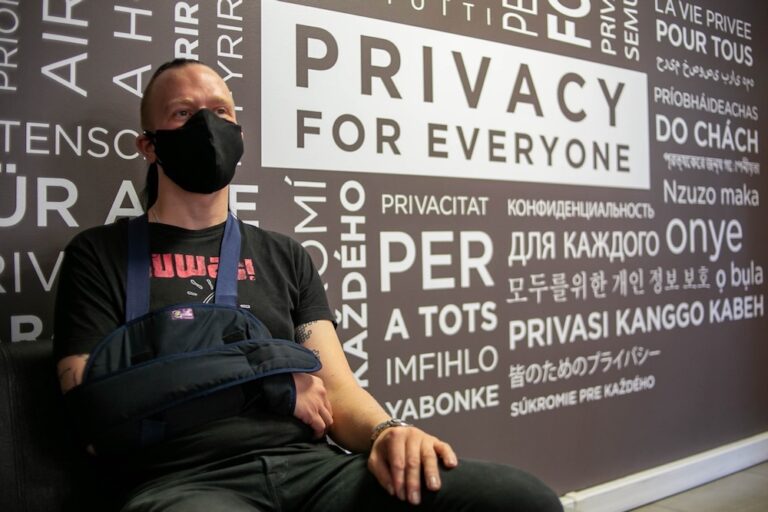IFEX-ALC condemns the actions initiated on 23 January 2020 by the Ecuadoran Telecommunications Regulation and Control Agency (Agencia de Regulación y Control de las Telecomunicaciones, Arcotel) aimed at taking Radio Pichincha Universal, a public radio station, off the air.
Radio Pichincha operates under the authority of the Pichincha provincial government, which is currently under the leadership of Prefect Paola Pabón, who is a member of the Citizen Revolution (Revolución Ciudadana, RC) party. A 3 October 2019 report by the Contents Evaluation Unit of the Regulatory, Development and Promotion Council for Information and Communication (Consejo de Regulación, Desarrollo y Promoción de la Información y Comunicación) asserted that Radio Pichincha Universal had incited public service work stoppages and endangered state security within the context of the national strike that was taking place at the time. The assertion referred to statements made by Luisa Maldonado, a Quito mayoral candidate for the Citizen Revolution (Revolución Ciudadana, RC) party in the 2019 local elections. The RC party is led by former president Rafael Correa. Maldonado had been invited for an interview during one of the station’s programmes. The statement against the station also referred to opinions expressed by citizens who called in during the programme.
On 28 October 2019 judicial protective measures were granted to the station after a request for protection had been filed in its favour. This allowed the radio station to return to the air after it had been suspended for 16 days based on an accusation of undermining the security of the state. With the more recent process, Arcotel is seeking to revoke the radio station’s license, which was granted on 20 January 2013 under the Telecommunications Law (Ley Orgánica de Telecomunicacionesa). The law states that “use of the broadcasting spectrum should contribute to public and state security.”
On 24 January 2020, the Inter-American Commission on Human Rights’ Special Rapporteur for Freedom of Expression, Edison Lanza, reaffirmed that the revocation of licensing and closure of a media outlet is a very severe measure. The rapporteur’s office requested that the judicial protection measures be kept in place.
Article 13 of the American Convention on Human Rights states that “everyone has the right to freedom of thought and expression. This right includes freedom to seek, receive, and impart information and ideas of all kinds, regardless of frontiers.” Article 19 of the Universal Declaration of Human Rights guarantees the right to freedom of expression, including the holding of opinions without interference. The closure of a media outlet contravenes these rights.
In accordance with international standards, we call on the Ecuadoran authorities to immediately reverse the resolution against Radio Pichincha. We also consider the opening of a regional dialogue on legal frameworks for protection of public media outlets to be a matter of urgency.
About IFEX-ALC:
IFEX-ALC, which forms part of the global IFEX network, is comprised of 24 organisations in 14 Latin American and Caribbean countries dedicated to defending freedom of expression and press freedom.



